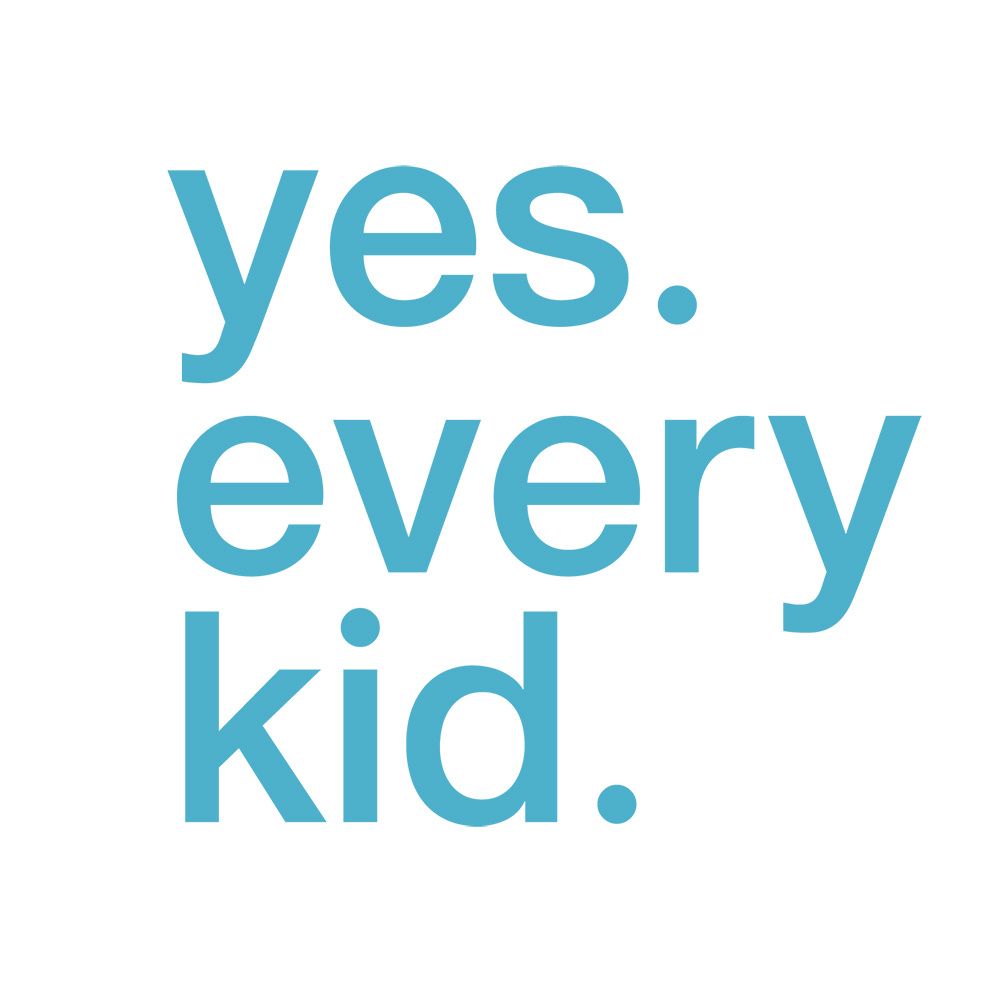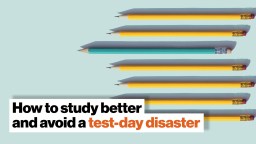LINDSAY PORTNOY: We have this dichotomy in the land of education whereby we have all of this beautiful research; we have decades, if not centuries, of research on how people learn -- which is ultimately cognitive science. And then we have the applied practice of what is happening in schools. And there is a tremendous disconnect. We talk about ideas like information processing and you think about a computer or your mind is a machine. We understand how children learn best. We understand how children learn and all of us learn through experience. That's cognitive science. The sociocultural tools that we have in the world around us is something that Lev Vygotsky talked about many, many years ago and whether those sociocultural tools are an iPhone or an abacus it doesn't really matter.
So when you talk about how can cognitive science inform education I find that the answer is simply: We have to really look at it and apply it. And so what that oftentimes means is how do we get this understanding to folks that don't understand it, which are oftentimes policymakers, those that are determining the policy for schools. Demonstrating the power of perseverance or maybe what Angela Duckworth would call grit, that's predicated on cognitive science -- allowing a student or a human to learn from something that wasn't successful the first time and try again. That looks different than school currently looks. I know that there are folks like the folks at the Mastery Transcript Consortium that are looking at how grades could be different, how we could even evaluate learning in a different way. There are education organizations across the country and across the globe that are looking at what classrooms could do differently.
Why are we beholden to bells and specific times? Why don't we have more flexible iterations of what classes and what learning could look like? Why do we still have silos of knowledge? Why don't we create inner disciplinary experiences where students are learning about the history of science while they're creating or constructing some sort of permanent structure that is also requiring math and is requiring communication which ultimately is going to require writing. So I think cognitive science is a really strong foundation for saying, look, we understand how people learn; they learn by experience. They learn by applying multiple concepts and constructs at a single time as opposed to the bell rings and now it's time for math.
There's a disconnect, a tremendous disconnect, that I see and that I struggle with in the standardization of individuals, of students, of humans. Certainly, I understand and I value the use of assessments but perhaps something that I would suggest or would like to see thought more deeply about is our use of standardized assessments as mechanisms to determine the efficacy of education. So if there was a piece that I would say, look, we understand that learners need the opportunity to see where they are struggling and obviously celebrating where they're succeeding and the opportunity to then revise and iterate, standardized testing doesn't do that.
When you evaluate a person and you determine who they are or what schools they can or cannot go to or what opportunities are or are not afforded to them based on an experience that they have on one day that is largely a snapshot of who they are as a person, I find that that's very much against equitable education. And if we want to really focus on how can we equitably educate all learners, how can we be inclusive in our education, how can we educate diverse populations and meet folks where they are to help them be as successful as possible I think we have to look really hard at our use of standardized tests and how much emphasis we're putting on them. And instead of getting bigger sticks or maybe bigger carrots, thinking about looking at learning differently, focusing more on formative ways of assessing and check-ins while kids are learning.
In the book, I talk about three cognitive aspects of learning that, again, they're interdisciplinary. I talk about metacognition and self-regulation and epistemology. Metacognition is knowing when you know, and that's a really important quality for all of us to have. Even as a grownup when you go on the internet and want to research something, I mean good luck, but how do you know when you've acquired the knowledge that you need to be successful? So that's a skill called metacognition. And the way that you do that through self-regulated learning when you're planning and monitoring and assessing your learning as you're moving through the process, you don't measure that in a standardized test. And as you acquire knowledge because using metacognition you know what you know, you're also changing and evolving your beliefs about the nature of knowledge, which is epistemology.
And so the learner or any of our beliefs about knowledge, which is epistemology, as they change from maybe more naïve beliefs, which is that there is always a correct or an incorrect answer, to a little more advanced beliefs which is to say certainly there's a better answer right now but there's always opportunities to learn more. And so I think that infusing that into the way that we assess instead of having that single summative benchmark that often prohibits folks from access would be my suggestion for how we could improve education.






